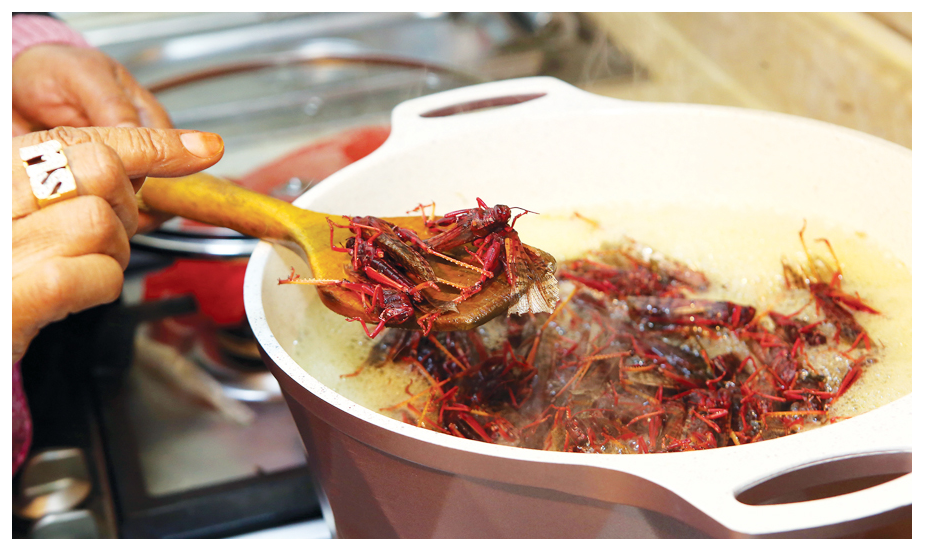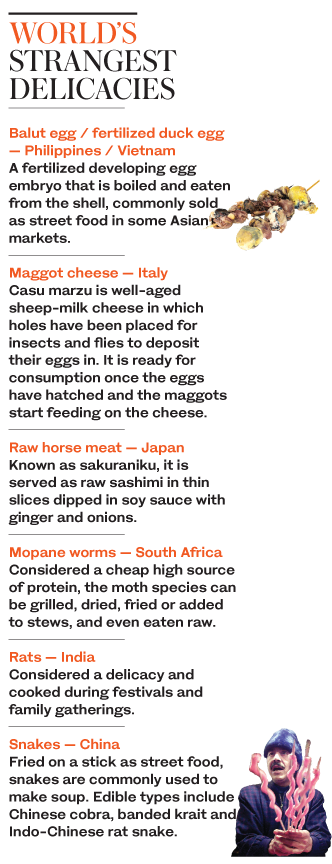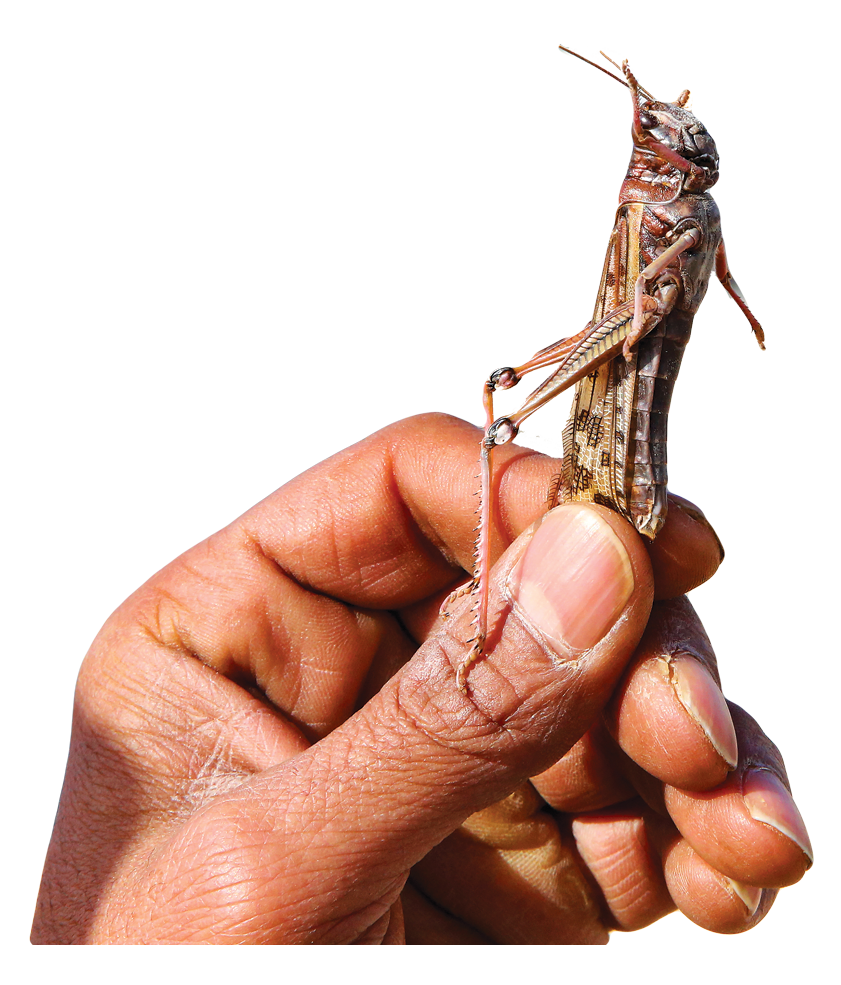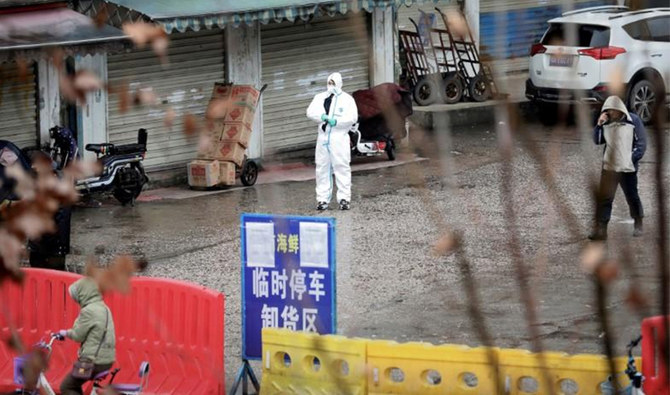DUBAI: The seafood market at the center of the coronavirus pandemic is back in the news after China’s controversial lifting of a lockdown on so-called wet markets in Wuhan.
The market had been shut in January amid fears that the coronavirus wreaking global havoc originated among wild animals on sale there, with the Wall Street Journal identifying a local shrimp peddler as “patient zero.”
The likely connection has piqued the curiosity of people around the world about dishes that fall outside the range of what is considered a regular menu item.
Presumably for the same reason, there has been a sharp spike in social media interest in the full gamut of Chinese cuisine as well as online searches for images of wet markets.
Since it first appeared in Wuhan, capital of Hubei province, late last year, SARS-CoV-2 has killed more than 100,000 people worldwide and forced dozens of countries to enforce lockdowns.
The virus almost certainly originated in bats, before it started infecting humans via an intermediary species.
That species could well be pangolin, a type of endangered ant-eater whose scales are used in traditional medicine and whose meat is considered a delicacy in China.
A misconception is that wet markets, which sell fresh produce and live animals in the open air, are particular to China alone.
In fact, markets that sell animals such as bats, pangolins and dogs for a range of purposes, but primarily as food, are spread across Southeast Asia.
At a time when more types of diet exist than ever before, opinion on what is healthy or tasty varies from country to country and culture to culture.
The bat, for instance, is a delicacy in China, Indonesia, Thailand, Guam and parts of Papua New Guinea.
Much like preparing a bat soup, boiling a snake or cooking dog meat is unthinkable in Middle Eastern and Western societies.
Yet snake meat tops the list of unusual food in Vietnam and Cambodia, while dog meat is a delicacy in parts of South Korea, Vietnam, China and northeast India.
Even Thailand, otherwise famous for its curry noodle dishes, has a reputation for unusual street food.
An assortment of fried bugs can be found at food markets across the country. Locals enjoy eating them as a snack, often with alcohol.
A Dubai chef who specializes in Thai food says insects are a popular item in the Southeast Asian country’s cuisine, as well as a rich source of calcium.
“In Thailand it’s not uncommon to eat grilled or boiled snake, deep-fried insects such as cockroaches and silk worms, and rice field rats,” he told Arab News.
“These items are prepared in the same way that chicken or meat (from any other animal that is farmed for food) is cooked.”
Be it frog, mouse meat, duck blood soup or fertilized duck egg, when it comes to preparing non-vegetarian dishes in countries such as Vietnam and Korea, the cooking ingredients are similar, according to the chef, who spoke on condition of anonymity.
What fried insects are to Southeast Asia, the locust — a short-horned grasshopper species — is to parts of the Arabian Peninsula, notably Saudi Arabia.
The insect is known to make a crunchy snack and a nutrient-filled ingredient for some local communities, although others consider it too risky for human consumption.
Even Europe, famous for its sophisticated palates and the signature restaurant guide Michelin, is no stranger to exotic food.
The French are renowned for eating frogs’ legs and cooked edible land snails known as “escargots.”
Eating escargots is also common in neighboring Spain, where snails are considered a mouth-watering addition to the country’s staple dish paella.
In Scotland and Wales, as also in other parts of Europe, black pudding — made out of pork blood, fat, beef suet, oats and barley — is often served as part of a full breakfast.
The side dish is clearly not for the faint-hearted, to say nothing of vegetarians — or vegans, who do not eat meat, poultry, fish or any products derived from animals, including eggs, dairy products and gelatin.
Not long after Wuhan’s coronavirus outbreak morphed into a global pandemic, CNN aired footage showing snakes, porcupines, raccoon, deer and dogs kept inside cages at the now-notorious Huanan Seafood Wholesale Market.
Epidemiologists say wherever animals from different environments are kept close to each other, there exists the possibility of an outbreak.
And if such a market gets a large number of visitors every day, the risk of the virus jumping to humans rises sharply, say the experts.
Dr. Kavita Diddi, a specialist microbiologist at the UAE’s Prime Healthcare Group, said: “When researchers analyzed the genetic sequence of SARS-CoV-2, they found similarities with a coronavirus circulating in rhinolophus bats, also known as the horseshoe bat.
“Metagenomic sequencing also showed strong similarities between Malayan pangolin coronavirus and the receptor binding domain of SARS-CoV-2.”
So does that suggest a clear link between the sale of wild animals at the Wuhan market and the ongoing pandemic?
Diddi would only say that “improper care and handling of animals” plays a key role in developing diseases and facilitating their transmission.
The Dubai chef said given the importance of handling animals in a hygienic environment, the responsibility ultimately lies with humans.
In the case of open-air markets where a variety of animals are handled and displayed for days in less-than-hygienic environments, “even non-exotic animals like chickens can pose serious risks” for consumers, he said.
With the coronavirus pandemic taking a tragic toll, the chef added, the world cannot afford anything less than the highest standards of hygiene and safety in food handling.














